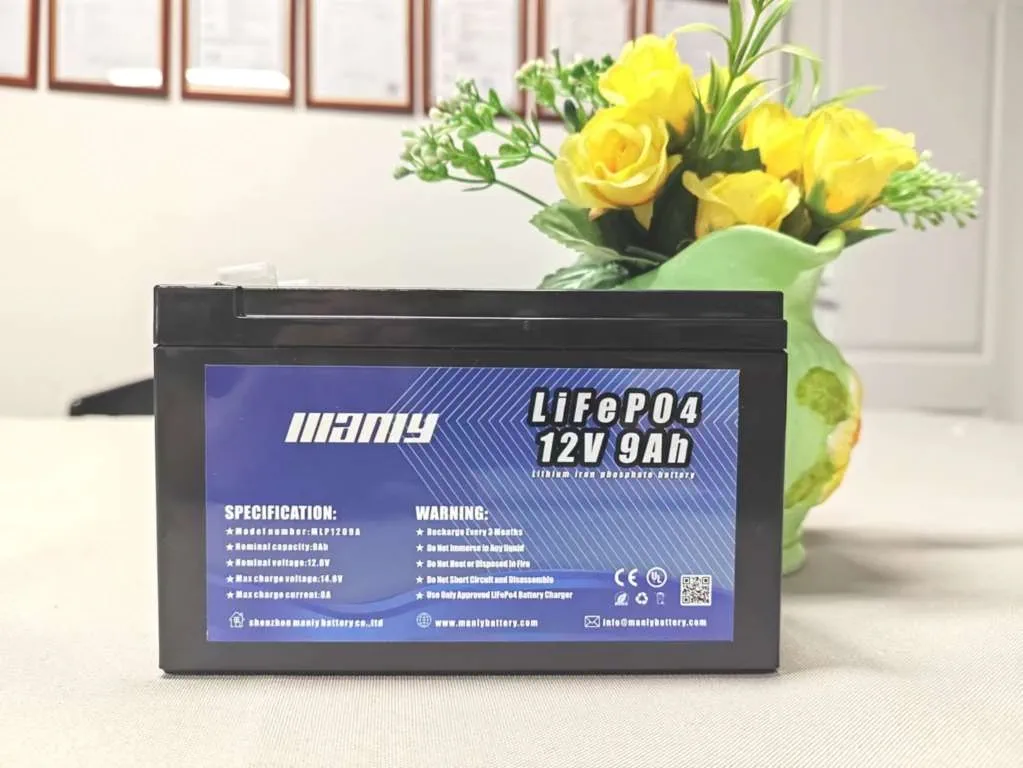Going the Distance: How Long Can a 12V 9Ah Battery Last?
Cuerpo
When it comes to powering your devices and applications, the longevity of your battery is a crucial consideration. In the case of 12V 9Ah batteries, understanding how long they can last under various conditions is essential for planning and optimizing your power needs. Join us as we explore the factors that influence the lifespan of 12V 9Ah batteries and uncover strategies for maximizing their endurance.
Understanding Battery Lifespan
Factors Influencing Longevity
The lifespan of a 12V 9Ah battery is influenced by several factors, including usage patterns, charging practices, environmental conditions, and battery chemistry. Frequent deep discharges, overcharging, exposure to extreme temperatures, and improper maintenance can all contribute to premature battery degradation and reduced lifespan. By understanding these factors, you can implement strategies to mitigate risks and prolong the life of your battery.
Cycle Life Considerations
Cycle life refers to the number of charge-discharge cycles a battery can undergo before reaching the end of its useful life. While 12V 9Ah batteries typically offer hundreds of cycles, the actual lifespan may vary depending on the specific battery chemistry and design. Lead-acid batteries, for example, tend to have lower cycle life compared to lithium-ion batteries, making them better suited for applications with less frequent cycling requirements.
Estimating Runtime and Usage Scenarios
Calculating Runtime
The runtime of a 12V 9Ah battery is determined by its capacity (9Ah) and the power consumption of the connected devices. By dividing the battery's capacity by the device's power consumption (in amps), you can estimate the runtime in hours. However, it's important to consider that actual runtime may vary based on factors such as battery age, temperature, and discharge rate.
Usage Scenarios
The duration of battery operation can vary significantly depending on the specific application and usage scenario. For example, a 12V 9Ah battery powering a low-power LED light may last for several hours, while the same battery used to start a vehicle engine may only provide a brief burst of power. Understanding the unique requirements and demands of your application is essential for accurately assessing battery longevity and planning accordingly.
Maximizing Battery Lifespan
Proper Charging Practices
Implementing proper charging practices is essential for maximizing the lifespan of your 12V 9Ah battery. Avoid overcharging by using a charger specifically designed for your battery type and capacity, and ensure that charging is conducted within recommended voltage and temperature ranges. Additionally, refrain from deep discharges, as they can accelerate battery degradation and reduce overall lifespan.
Environmental Considerations
Environmental factors such as temperature and humidity can have a significant impact on battery performance and longevity. Avoid exposing your 12V 9Ah battery to extreme temperatures, as both high heat and cold can degrade battery chemistry and reduce efficiency. Store your battery in a cool, dry place when not in use, and monitor environmental conditions to ensure optimal operation.
Conclusion
In conclusion, the longevity of a 12V 9Ah battery is influenced by a variety of factors, including usage patterns, charging practices, environmental conditions, and battery chemistry. By understanding these factors and implementing strategies to maximize battery lifespan, you can ensure reliable performance and extended use from your battery investment. Whether you're powering electronic devices, backup systems, or automotive applications, going the distance with your 12V 9Ah battery requires careful consideration and proactive maintenance.










Comentarios